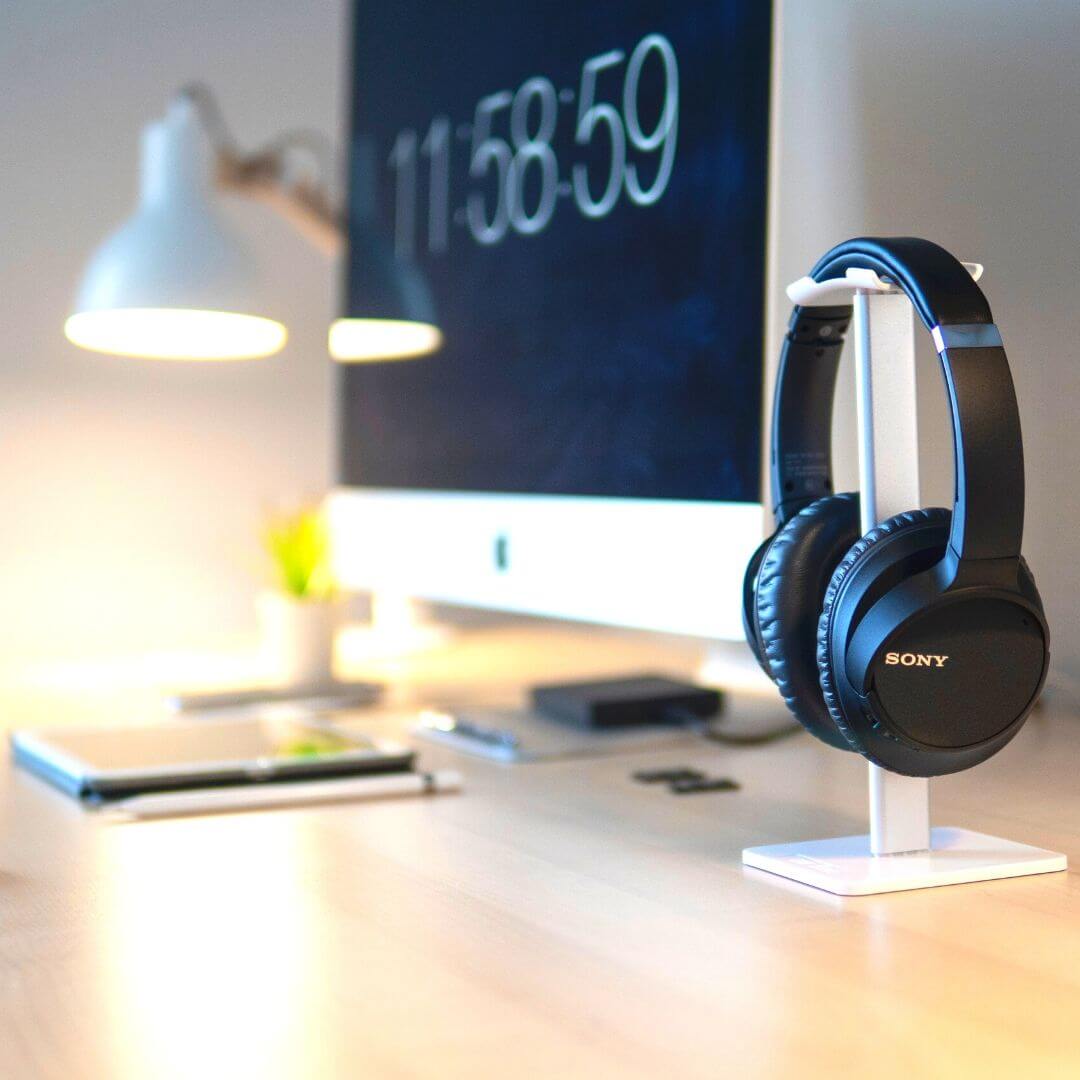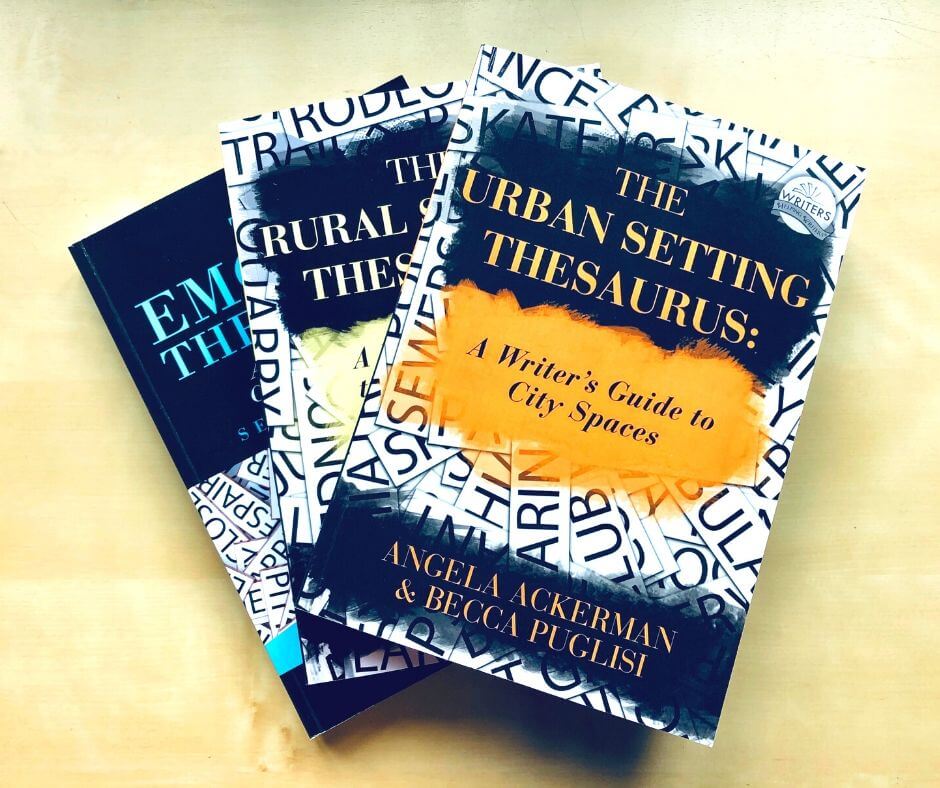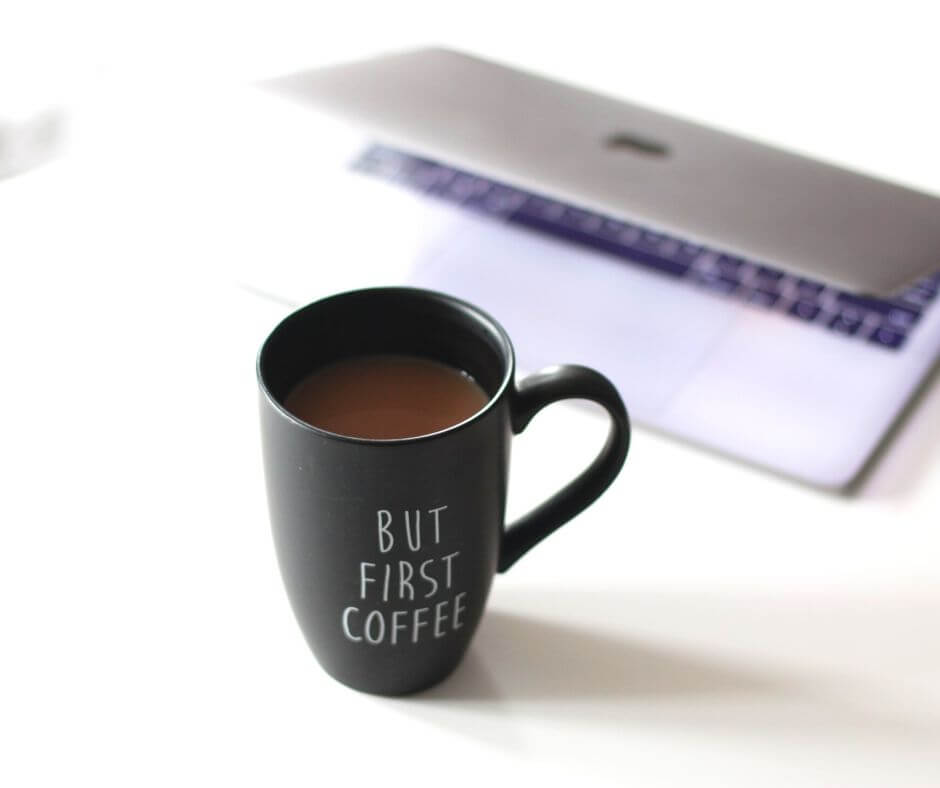Being a writer sounds like a simple job. You sit at a computer or grab a notebook and write, right? Well, no. Writing isn’t that easy. As well as the actual creation, a load of extra work goes on behind the scenes to help bring the best work to readers. Even when I’m writing the blog, I don’t just write the words, there’s other stuff too. With that in mind, I want to share with you my writer’s toolkit - the things I use every day to help me create a great reading experience for you.
iMac
Where would I be without my trusty iMac? A huge screen and a keyboard that isn’t too hard on the fingers means I can have a big blank page staring at me from the start of the day, and by the end of the day it’s filled with words. My fingers don’t get tired from hitting keys too hard, my eyes don’t hurt from straining to read my own words. I open various windows, about a thousand tabs on Chrome, and my music ready to go.
Some people don’t like iMacs or Apple products, that may be because they’re too expensive or they just don’t like them, but I love them. I can have my notes on my iMac and see them on my phone when I’m not home. I don’t have to think, and that makes my life so much easier, especially when my fictional characters talk to me in the middle of the night!
Google Docs & Sheets
I wrote my novel in Pages to begin with, there was no such thing as iCloud and this meant I had one computer where my novel lived and if I wasn’t using that computer I couldn’t write. So I switched to Google Docs. My novel lives there now, and it’s great. I can edit no matter where I am, I can write comments on sections of my writing, and I can even work offline.
There is nothing to writing. All you do is sit down at a typewriter and bleed.
Ernest Hemingway
As a writer I needed to know I’d be able to export the document when necessary and Google Docs can export to Word, PDF, and ePub, among others.
Google Sheets is similar in that I can access it anywhere. I keep track of my word counts, my working hours, and my website stats, in different Sheets. It’s useful having different Sheets to keep track of different stats.
Blogger
My website runs on Blogger - Google’s answer to Wordpress. If you know nothing about blogging or websites, these things may sound like they’re made up, but they’re programs that allow you to write on a website. Blogger is free to run and use, and only costs money when you want your own domain like me with neellis.com. You can give your posts labels, schedule them for a future date, add descriptions and images, and all the things you can do in a regular word processing program. If you’re good at HTML, you can also change the look of your posts, like changing the colour of text or adding check boxes.
Blogger is how I keep you all updated and how I share my views with you.
iPad & Apple Pencil
My iPad is my notebook. All of my notebooks. For a long time I had regular notebooks, using pens and pencils to write my ideas or jot down research. But I found going back through my notes a slog, it was difficult to find pages I was looking for or even read my handwriting. Then there’s the portability thing - I had to carry a notebook around with me everywhere, which meant having a gigantic bag to carry it. It wasn’t working for me. I can have the same experience of writing something down, rather than typing it, using the iPad paired with the Apple Pencil, but keep all my notes in one place, searchable, and even readable.
GoodNotes
Pair my iPad and Pencil with GoodNotes and you’ve got a winning combination. I have various notebooks in GoodNotes, all with different covers so I know which one I need. There are regular lined pages, squared pages, dotted pages, and even planner pages. I have my Passion Planner in GoodNotes too, so I can keep track of everything I’m doing daily. A bonus with GoodNotes is that I can copy and paste my handwriting, move it around the page or onto another page, and add images too. It’s like having the benefits of a word processing program while being able to handwrite my notes. I love it.
Writer's Thesauruses
For Christmas my husband and kids bought me a few thesauruses, including The Emotional Wound Thesaurus and The Emotion Thesaurus by Angela Ackerman and Becca Puglisi. In fact, I have the entire range of thesauruses from these two women and they’re helpful. They help me work out how a character is feeling during a scene and allow me to express that emotion by showing the reader rather than telling. Other books in the range help with setting too, such as a back garden or a city centre.
A new book coming to the range is the Occupation Thesaurus which is due out on July 20th - I'll be one of the first in line to buy, will you?
I also own a Senses Thesaurus that helps me find the right word for each of the senses. Whether the character smells something, touches something, hears something, or whatever, the right word waiting.
Resource Books
In creative writing there’s certain things you can’t make up - like Police processes, or how forensics works. I use books like the Handbook of Forensic Science and Blackstone’s Senior Investigating Officer’s Handbook for those topics. Both books give me an insight into how police investigations work and the kinds of issues they contend with. They are invaluable in learning the theory behind investigative work.
ProWritingAid
Even writers need help in getting their writing prepared to read. Grammar, sentence structure, and chopping out cliches are an important part of making a book a pleasant read. Some writers do it without thinking and I’m in awe of them, but I need help. So I turn to ProWritingAid, a website that I can use to check my grammar and sentence structure work. Having sentences the same length or starting the same way can make a reader can get bored which makes sentence structure important. When you’re drafting, it’s easy to start several sentences in a row with “He did this...” or “He was...” and the website helps you find those sentences so you can change them.
Don’t tell me the moon is shining; show me the glint of light on broken glass.
Anton Chekhov
Jerry Jenkins Blog
I read regularly and one blog I’ve turned to repeatedly over the last few months is Jerry Jenkins’ blog. With posts about dialogue, story structure, character building, and story arcs, Jerry Jenkins has lots of brilliant advice. Jerry’s blog is a useful resource, I’d recommend you check it out.
Apple Music
Whether it’s an 80s playlist or instrumental music to help me focus, I use Apple Music to help me concentrate on the writing. When I’m sitting in silence simple things distract me, but with music playing in the background I can focus on the words. One of my favourite playlists on Apple Music is Focus, it’s instrumental music that doesn’t distract me.
Facebook Writing Groups
Writing is a solitary venture. But sometimes you need a pal, to vent or just to chat, and that’s where the Facebook Writing Groups come in. They’re filled with fellow writers looking for advice, offering advice, or people there to chat. It’s not only a great resource but a wonderful place to turn for a boost if you need it.
Coffee
Every. Single. Day. I use coffee to boot up my brain daily. It wakes me up and helps me focus on the day’s work. I love my morning coffee, and I notice when I don’t drink it.
I didn’t mention going for a walk but that’s another thing that helps me every day. The Hubby and I go for a walk every day and getting outdoors, walking along canals or through the woods helps me work out any issues I have with my writing. Being outside is like opening the windows on a blustery day, airing out your brain and clearing your mind.
So there you are peeps, a few (okay, a lot) of the tools I keep in my writer’s toolkit to help me every day.





No comments
Post a Comment